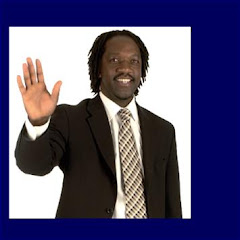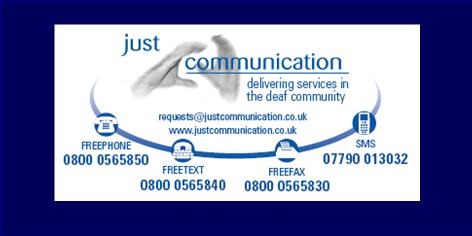After a decade of having their needs neglected by telecoms providers, leaders of the UK's deaf community have written an open letter published in today's Times newspaper writes Jack Schofield for ZEDNET (11/05/12).
They are campaigning for a universally-accessible video relay service of the sort that the Americans have operated successfully for the past 10 years. This would enable British Sign Language users to make and receive calls at any time, with no pre-booking, and at no additional cost over a normal phone contract.
The revised EU Electronic Communications Framework, rubber stamped by UK Government, sets out a legal requirement to ensure that disabled end-users enjoy access to telecommunications that are functionally equivalent to those enjoyed by other end-users.
Unfortunately, the UK government appears to have done nothing substantial to meet this requirement for deaf users, simply handing off the problem to telecoms suppliers such as BT, O2, Vodafone, Three, Talk Talk, Virgin Media, Everything Everywhere and BSkyB.
The deaf organisations say they talked to communications minister Ed Vaizey, and that in November, he "repeatedly called on the telecommunications industry to work with the deaf community to find solutions which meet their communications needs".
In their letter to The Times, they tell the telecoms providers: "You have failed to meet with us in open forum in response to the Minister’s request and your silence has been deeply disappointing," and that "Positive action by the industry is long overdue. You are delaying the introduction of modern relay services, and exacerbating the isolation and disadvantage which is faced by deaf people who are denied equal access to telecommunications."
The UK does have an experimental video relay service (VRS) called MyFriend, but it requires pre-booking of calls. However, this is a pilot project run from the University of Bristol with the financial backing of the EU. It may well close this summer when the EU funding runs out, and it seems extremely unlikely that the UK government would, if asked, stump up the trivial amount of money required to establish as a permanent service.
In parliament, Vaizey said, as an aside: "I have been struck by the lack of engagement from business and telecoms companies, which is unbelievably frustrating. In that respect, we would, for example, like to have video technology that enables deaf people to use sign language, and I have told all the telecoms operators, 'Please come to me with a cost-effective solution,' but they have not done that. Eventually, of course, I will have to regulate through Ofcom to make them do that, but it would be so much simpler if they came to me and did it." (17 Jan 2012 : Column 245WH)
The organisations backing the campaign include the UK Council on Deafness, TAG (Telecommunications Action Group), the British Deaf Association, the National Deaf Children’s Society, Sense, the National Association of Deafened People, and the Royal Association for Deaf People, as well as companies and individuals.
This week is Deaf Awareness Week in the UK, and it continues until Sunday, 13 May.
The legal system is not geared to handle the need of deaf people. Photograph: Christian Sinibaldi





